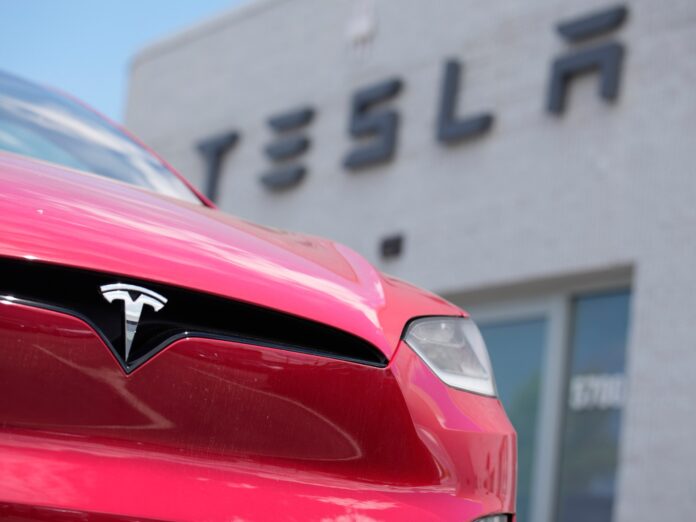According to Reuters news agency, US President-elect Donald Trump’s transition team is considering eliminating a $7,500 tax credit for electric-vehicle purchases as part of a broader tax-reform legislation. This move could have serious consequences for the electric vehicle (EV) industry in the United States, which is already facing challenges.
Interestingly, representatives of Tesla, the largest EV seller in the country, have expressed support for ending the subsidy. Tesla CEO Elon Musk, a strong supporter of Trump, believes that while this decision may impact Tesla sales slightly, it would significantly harm its US EV competitors, including major automakers like General Motors.
Following this news, Tesla’s shares dropped by 5.5% to $311.77 in Thursday afternoon trading.
The transition team, led by Harold Hamm and Governor Doug Burgum, is discussing repealing the tax credit as part of an energy-policy transition plan. It is believed that eliminating this subsidy would receive broad support in a Republican-controlled Congress as part of a larger tax-reform bill.
While various stakeholders, including Tesla, GM, Ford, Stellantis, and the Alliance for Automotive Innovation, have not provided immediate comments, there is a growing concern within the industry about the potential impact of ending the tax credit on the future of automotive technology and manufacturing in the US.
Hurt rising competition
With Tesla being a major beneficiary of EV tax credits, the potential removal of the subsidy could actually benefit the company by affecting its competitors more severely. Despite facing challenges from other automakers, Tesla has maintained a strong market share in the US EV market, but the landscape is continuously changing.






